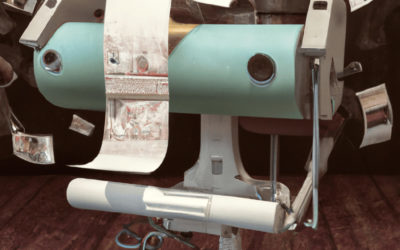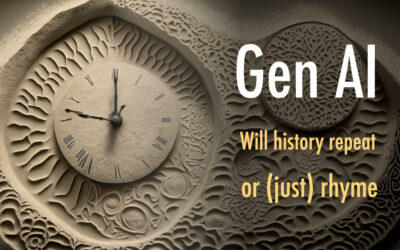The Educational Psychology and Educational Technology program at the College of Education at Michigan State University offers a variety of programs in educational technology. The College of Education is one of highest ranked colleges of education in the country (see here) and our department (Educational Psychology and Educational Technology is ranked fourth in the nation!).
The goal of each of our educational technology programs is to work collaboratively with practitioners to creatively integrate technology in their practice. We do it through designing innovative experiences for our students that emphasize a deep engagement with content, pedagogy and technology. Built around the TPACK framework (developed right here at MSU) these programs run the gamut from a 9 credit certificate in Ed Tech, to a 30 credit master’s degree, from an DIY-EDU orientated refresher that can be taken for credit or no-credit, to two versions of a doctoral program (on-campus and the new substantially online hybrid program). These courses have been designed and are taught by teams consisting of nationally recognized faculty members and top-notch graduate students/adjunct faculty.
Classes are customized to the needs and requirements of practitioners and can be taken in a variety of formats: online, face to face (on campus, off campus and abroad) as well as hybrid combinations thereof. For instance, we have students who have taken some certificate courses over weekends, at sites near their schools, followed that with some coursework on campus and online (over summer and regular semester) and received their master’s by completing their courses with one final summer, abroad. Specifically:
 The Ed Tech Certificate program is the three-course package that can be taken over weekends at a convenient location (usually at a school near you, if you live in Michigan), fully online, and abroad (a month over summer in Rouen in France).
The Ed Tech Certificate program is the three-course package that can be taken over weekends at a convenient location (usually at a school near you, if you live in Michigan), fully online, and abroad (a month over summer in Rouen in France).- If you complete the certificate, you are almost halfway to receiving the the state of Michigan’s NP Endorsement. If you are not from Michigan we have developed reciprocal relationships with other states and organizations to match their local endorsements or certifications.
- Of course, once you have the endorsement you are just three courses away from a Master’s degree, the Master of Arts in Educational Technology. All of these courses (Certificate, NP Endorsement & the Master’s program) can be taken fully online or through hybrid models (on campus or abroad in summer with additional courses online).
- For the techies amongst you (is you already have a Master’s degree or don’t want one) you can sign up for our first offering of the DIY EdTech refresher course (taking place at on campus in East Lansing this summer). This hands on, minds on course will help recharge your technology toolbox with a plethora of tips and tricks, from instructional tools, web presence, mobile devices, audio, video, social networking, collaboration and personal productivity. This can be taken for credit (3 graduate credits) or no-credit. Email me (punya@msu.edu) or Leigh Wolf (gravesle@msu.edu) for more information.
- And finally, if you still aren’t satisfied… you can also work towards a Ph.D in Educational Psychology and Educational Technology!
If you are interested in any or all of the following drop me a note (at punya@msu.edu) and/or check out the following websites:
- For MAET, certificate, Master’s and Refresher courses http://edutech.msu.edu
- For the Ph.D. http://edtechphd.com



0 Comments